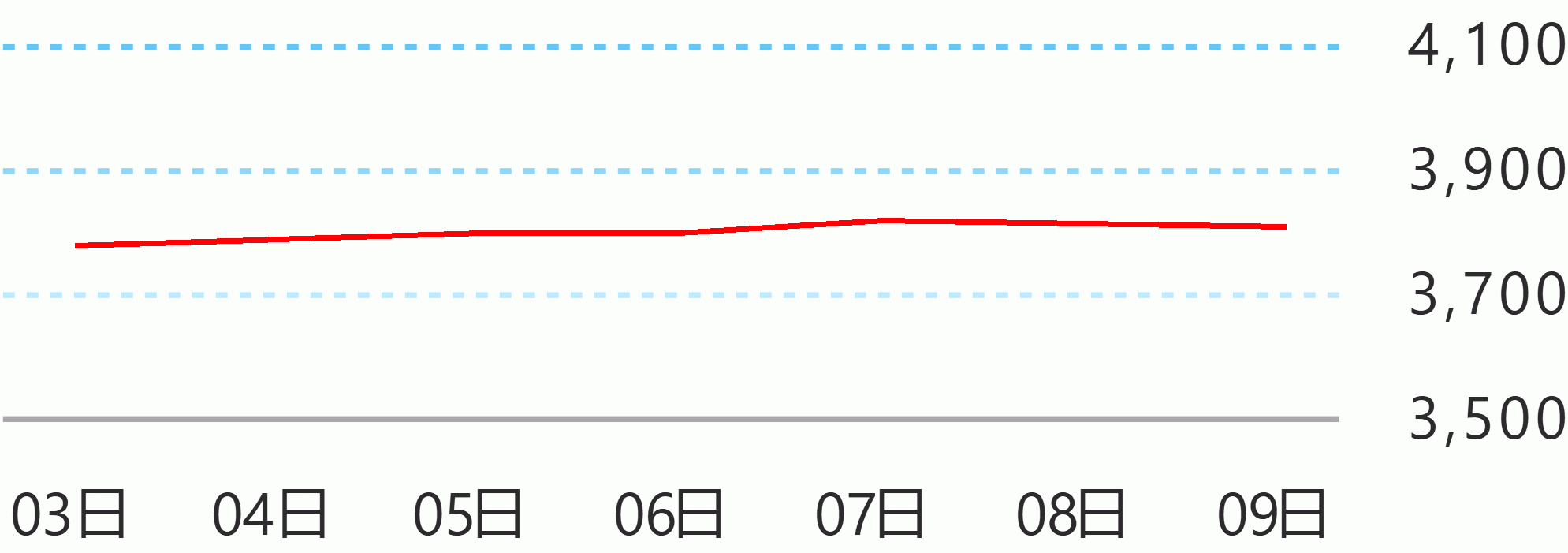The Philippines has the law and The Hague ruling on its side despite China's persistent "opinion" that it has sovereign and historic claim in almost the entire South China Sea, Foreign Affairs Secretary Teodoro Locsin Jr. said on Thursday
Locsin also does not see any problem with the United States' presence in the disputed waters, saying it is consistent with maritime law.
"This is what I want to always emphasize. Sometimes people say 'why does China say no, we don't recognize it (United Nations Arbitral ruling). No we have our own view'," he said during the pre-SONA (State of the Nation Address) forum.
"Hey, it's a free world. You want me to get angry at China because they express their own opinion? Come on. The point is, we won it.If they don't want to recognize it, okay, they can say that. But we know we have the law on our side. We have The Hague on our side," Locsin stressed.
In July 2016, The Hague-based Permanent Court of Arbitration ruled that China's historic and sovereign claim in almost the entire South China Sea, including those areas within the Philippine 200-nautical miles exclusive economic zone, was invalid. But China has been refusing to accept the ruling as it did not participate in the proceedings.
"It's a free world. They don't have to agree with us...this is why our President (Rodrigo Duterte) very wisely, when he met with (Chinese) President Xi Jinping said, 'okay, so now we agree to disagree'," Locsin said.
He also rejected call to bring up the Philippines' arbitral win before the United Nations General Assembly.
"You want to bring it up to the United Nations? No. We won it. You bring it back to the UN and it becomes a question of numbers and this has nothing to do with numbers. It has to do with law," he said.
His predecessor, former Foreign Affairs Secretary Albert del Rosario, has been prodding the government to raise the matter with the United Nations General Assembly.
Locsin also defended the presence of a US Navy ship in the South China Sea.
"The presence of United States Navy has always been consistent with maritime law, which is freedom of navigation," he said.
Every now and then, the US deploys military ships in the disputed waters, which China considers as provocative acts. Celerina Monte/DMS





 English
English









